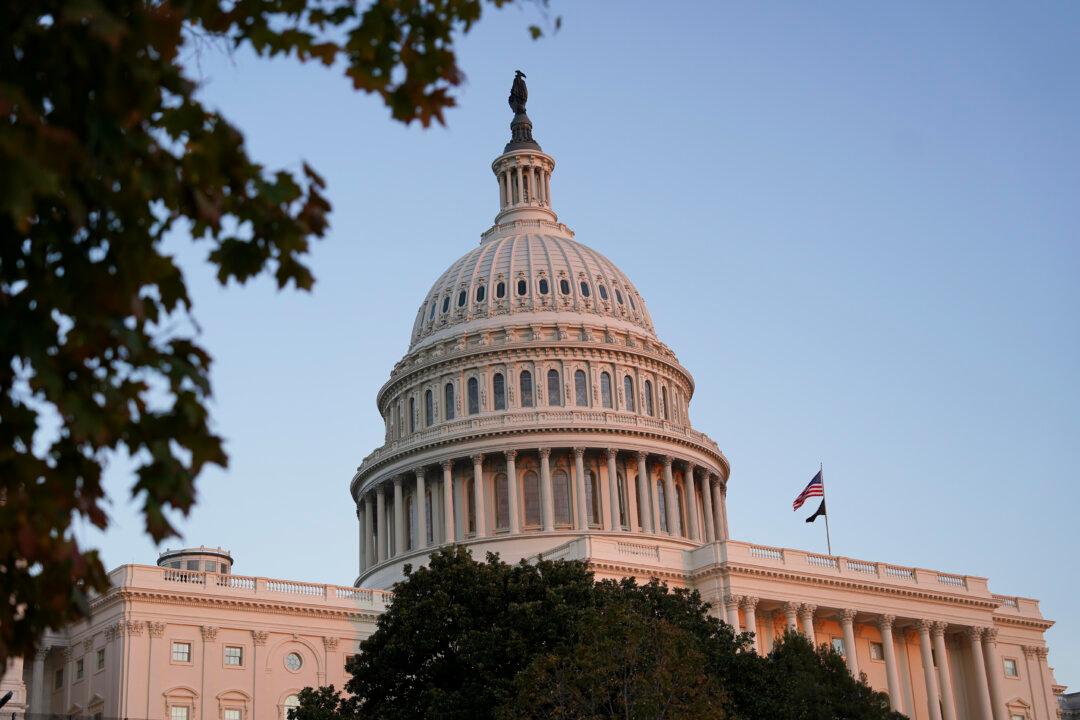Lawmakers will return to Capitol Hill on Dec. 11 for their last session of the year with a long to-do list.
Only a few of these priorities—including the National Defense Authorization Act (NDAA) and Federal Aviation Administration (FAA) reauthorization—are must-pass priorities.





